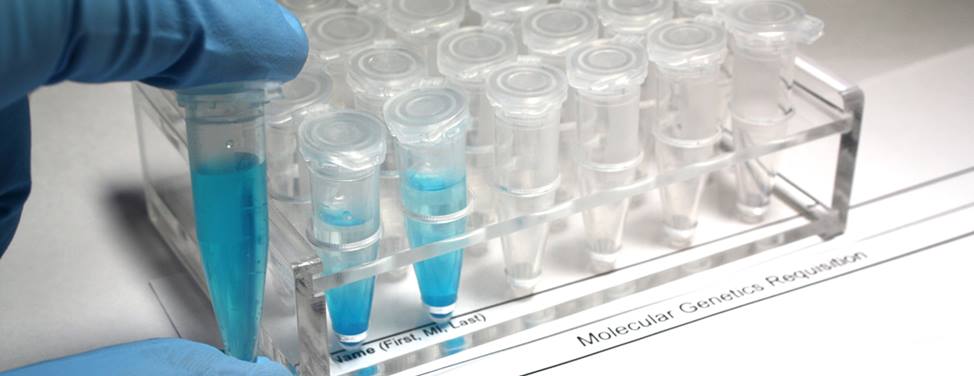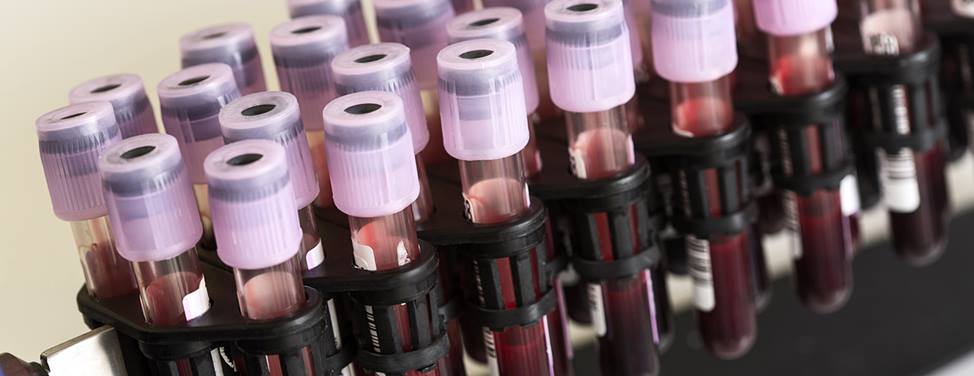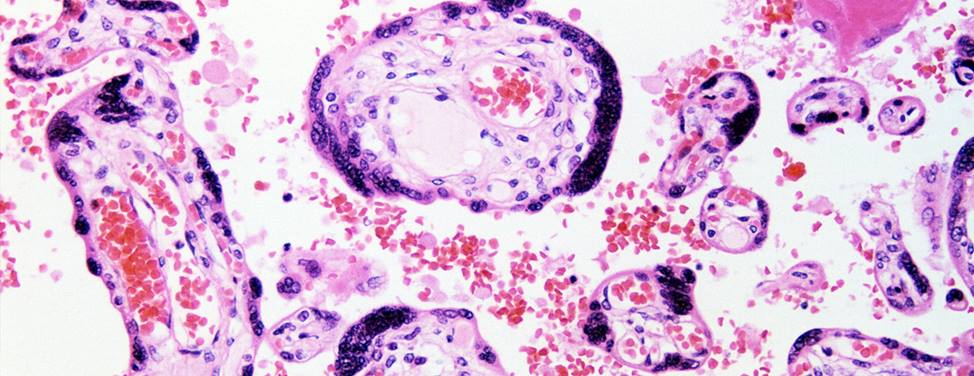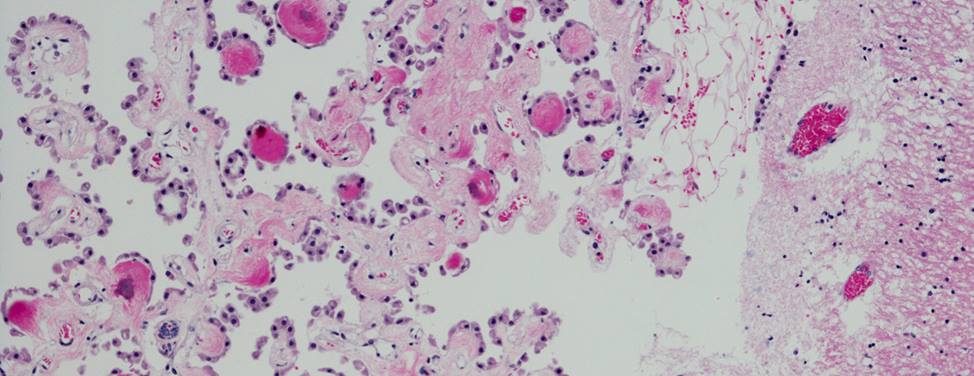
FAQ: Prenatal Tests
What types of tests are available?
There are several options for both screening and diagnostic testing of the fetus. Screening tests have been designed to identify women who are at increased risk of having a baby with a birth defect. These tests have no risks of miscarriage, but cannot determine with certainty whether a fetus is affected. Diagnostic tests are extremely accurate at identifying certain abnormalities in the fetus, but carry a small (generally less than 1 percent) risk of miscarriage.
At UCSF, we offer options for both screening and diagnostic testing.
What if a screening test is positive?
If you have positive results on a screening test, you can discuss what this means with a genetic counselor. Options for further diagnostic testing will be explained. The decision as to whether to have invasive genetic testing is up to you.
Who should consider diagnostic testing?
There are certain guidelines regarding who might benefit from genetic counseling and prenatal testing. These include:
- Women who will be 35 or older on their due date
- Couples who have a child or other close relative with a birth defect
- Pregnant women with abnormal results from a screening test designed to estimate the risk of certain birth defect
- Pregnant women who have other concerns about the health of the fetus
- Couples with one or both partners who carry an inherited disease such as Tay-Sachs, sickle cell anemia or cystic fibrosis.
- Pregnant women who have been exposed to agents, such as medications, that may be harmful to the fetus
- Women who have undergone an ultrasound test that has found abnormalities in the fetus
What if a diagnostic test is positive?
If the diagnostic test finds a genetic abnormality, the significance of such results should be discussed with experts familiar with the condition, including a medical geneticist and a genetic counselor, as well as your own doctor. Medical geneticists and genetic counselors are available at the UCSF Prenatal Diagnostic Center. Referrals and support information are available for all decisions.
Will health insurance cover testing?
Most insurance plans cover prenatal testing, especially for women over 35 years of age. You may need a referral from your primary care physician or health plan for your health insurance to cover the services. Our office staff is available to assist you with insurance questions.
UCSF Health medical specialists have reviewed this information. It is for educational purposes only and is not intended to replace the advice of your doctor or other health care provider. We encourage you to discuss any questions or concerns you may have with your provider.
















